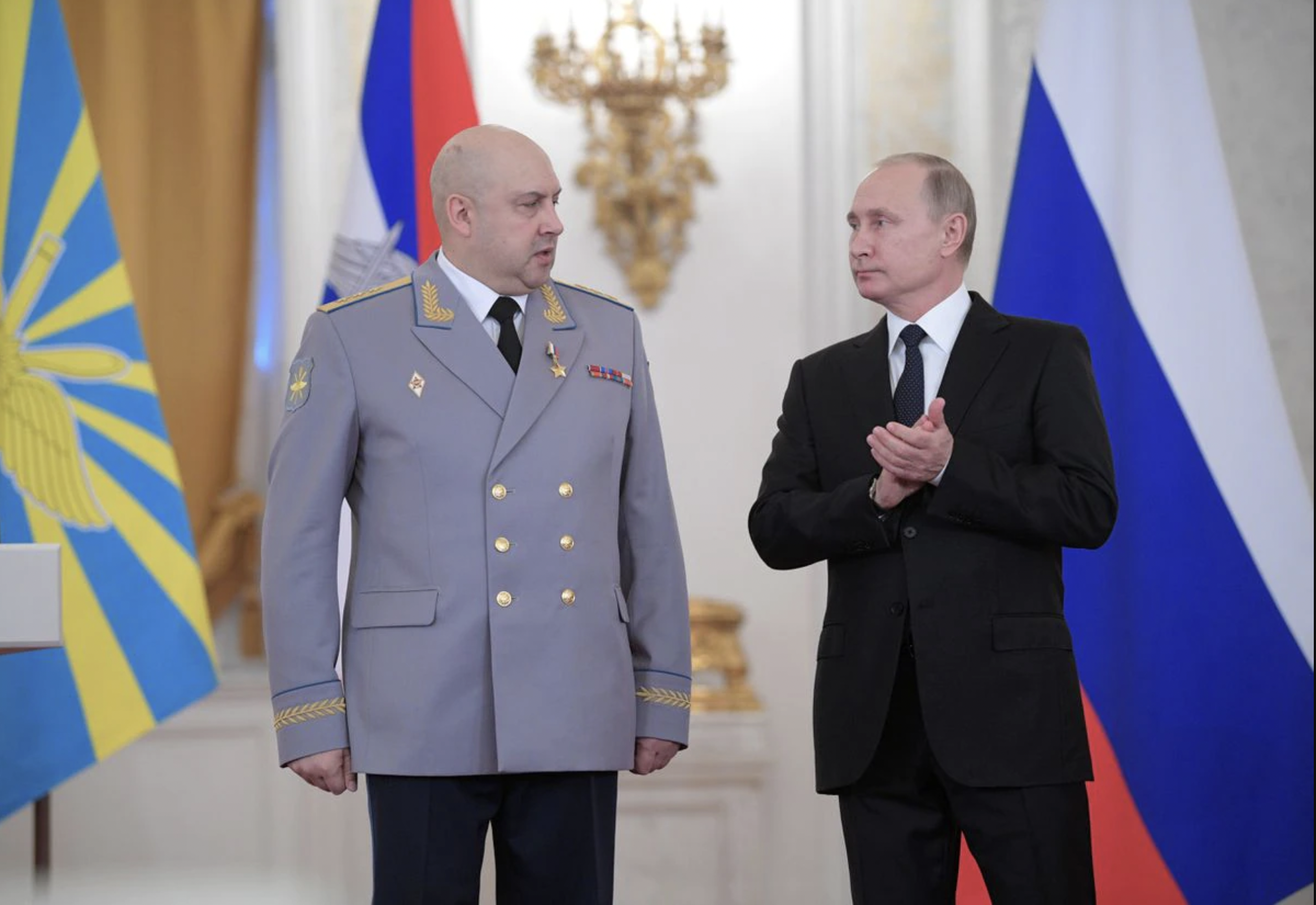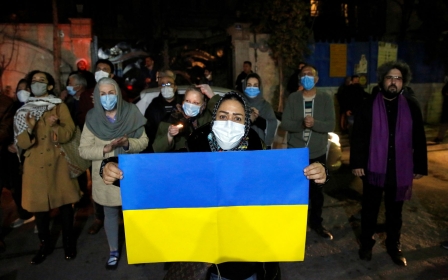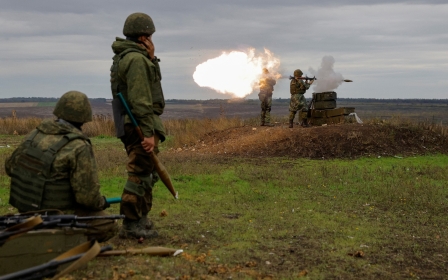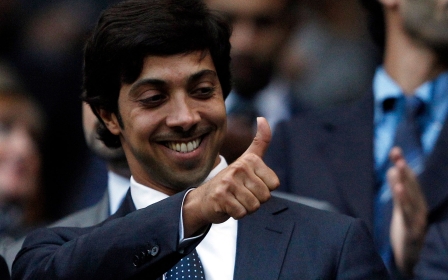Sergei Surovikin: Russia's new general in Ukraine with a bloody Syrian past

Following a series of major setbacks on the battlefield in Ukraine, Russia's defence ministry named Air Force General Sergei Surovikin as the overall commander of Russian forces fighting in Ukraine.
Given Russia's many operational, logistical and strategic failures on the battlefield in Ukraine, the choice of Surovikin speaks to a growing realisation in Moscow that the setbacks must be arrested.
With his latest battlefield experience in Syria, Surovikin's appointment suggests that Moscow is increasingly looking for results, no matter the cost.
So who is Sergei Surovikin?
New MEE newsletter: Jerusalem Dispatch
Sign up to get the latest insights and analysis on Israel-Palestine, alongside Turkey Unpacked and other MEE newsletters
Surovikin, born in 1966 in the Siberian city of Novosibirsk, was tasked with leading Russia's southern military in June.
He is a veteran of the Soviet war in Afghanistan in the late 1980s, as well as having combat experience in both the Chechen wars in the 1990s and 2000s, establishing a "notorious" and "ruthless" reputation.
'They planned poorly and underestimated how capable the Ukrainian opposition was. So they have had to fall back on the Syria strategy. Which is what Sergei Surovikin has been doing'
- Matthew Bryza, retired US Ambassador
But his ruthlessness shone most during the Syria campaign, where he developed a reputation for bombing civilian districts after Moscow intervened to prop up one of its few staunch allies in the Middle East, the government of Bashar al-Assad.
Surovikin reportedly faced jail time before being freed without charge, after soldiers under his command killed three protesters in Moscow during the failed coup against Soviet President Mikhail Gorbachev in August 1991.
In 1995 Surovikin also faced a suspended sentence, later overturned, for being involved in the illegal arms trade.
Surovikin's career dramatically took off in the top echelons of the general staff and defence ministry in Russia after 2008. The ambitious general took advantage of the 2008 military reforms, which required ruthlessness in dismissing unneeded veterans and building a more battle-ready fighting machine.
His readiness to execute orders seemed to override his chequered legal history.
Annihilation in Syria
Surovikin oversaw Russian forces in Syria on and off from 2017 to 2020. At that time, Human Rights Watch described Russian commanders like Surovikin as bearing the most "responsibility" for human rights violations during the 2019-2020 Idlib offensive.
During that time, Assad's forces, working alongside their Russian counterparts, deployed cluster munitions, incendiary weapons and improvised "barrel bombs" in populated areas to deadly effect. Those attacks resulted in at least 1,600 civilians killed and an estimated 1.4 million people displaced.
While Russian generals that operated in Syria, like Surovikin, didn't introduce such brutal tactics, they helped pro-Syrian government forces make it more potent and effective.
However, former US Ambassador Matthew Bryza and board member of the Jamestown Foundation does not believe that Surovikin's battlefield experience will help in Ukraine.
"Russia's experience in Syria had a negative impact on the Kremlin's thinking and that of the defence ministry," Bryza told Middle East Eye.
"The Russian way of fighting in Syria became one of annihilation, town by town, city block by city block, building by building, which included civilian infrastructure, which are war crimes. I think Russia wanted to avoid that a second time."
The Kremlin has faced increasing losses in recent weeks. On Saturday, the bombing of a bridge linking the Crimean Peninsula with Russia damaged an important supply artery for the Kremlin's faltering war effort in southern Ukraine.
Online pro-Russian military bloggers have slammed Russia's war effort, with many now viewing it as a failure.
Moscow may believe that Surovikin's experience in Syria can achieve something that has so far eluded it: breaking the will of the Ukrainian people.
With its initial blitzkrieg strategy to capture Kyiv and decapitate the Ukrainian political establishment long failed, the Kremlin now faces the prospect of digging in for a war that could last years.
"They planned poorly and underestimated how capable the Ukrainian opposition was. So they have had to fall back on the Syria strategy. Which is what Sergei Surovikin has been doing," said Bryza.
Following the attack on the bridge in Crimea, Russia launched rocket and drone strikes across Ukraine on Monday in retaliation.
"The strategy of Surovikin to annihilate cities is failing in Ukraine. It did not produce victory in Syria, and it looks like it's producing defeat in Ukraine," said Bryza. "Russia, even with Surovikin, can not regain the initiative or win this war."
Middle East Eye delivers independent and unrivalled coverage and analysis of the Middle East, North Africa and beyond. To learn more about republishing this content and the associated fees, please fill out this form. More about MEE can be found here.




